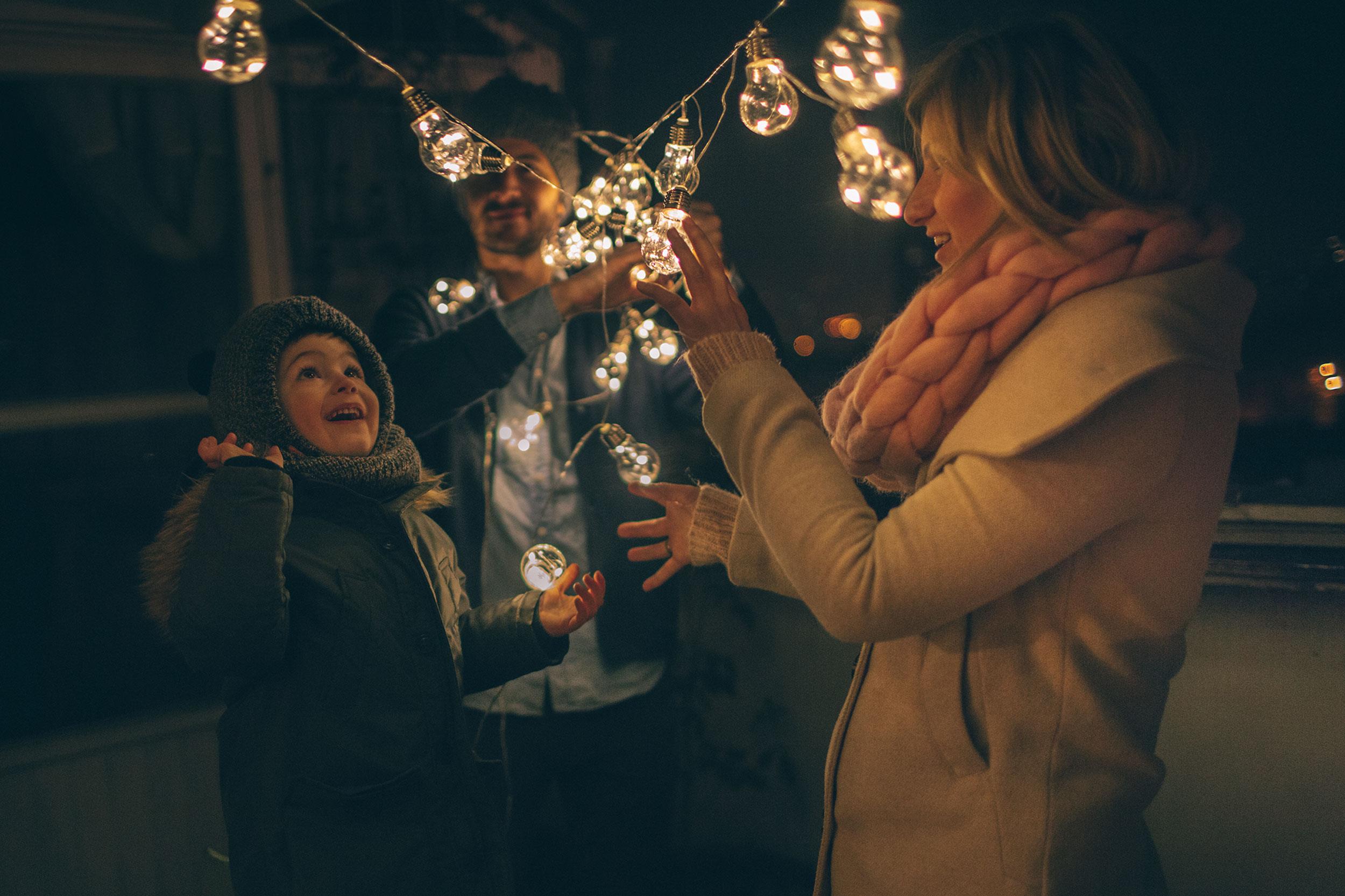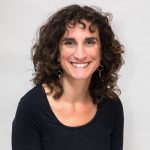
As a Bringing Baby Home Educator and Training Specialist, I frequently teach about the Gottman concepts of creating shared meaning and rituals of connection. I do this by sharing my own experience as a new parent in a cross-cultural marriage. As John and Julie Gottman put it in their book, “And Baby Makes Three”:
We’re creating something brand new: a family that is a potpourri of cultures. Every family blends together cultural ancestry from both sides. So our relationships are cross-cultural, always. Culture is how we give the ordinary extraordinary meaning. We have many things to decide.
Many things indeed! You see, I was raised as an observant Jew. Kosher food, frequent attendance at synagogue, prayers in Hebrew before meals—my father is even a rabbi for goodness sake!
Then there’s my husband. I think my daughter described our differences best when she was around 4 years old and said, “My mom is Jewish and my dad’s from Buffalo!” My husband was raised without religion, but with the family ritual of celebrating Christmas (as so many Americans are). Before we had children, this was an easy obstacle for us. We visited his father for Christmas Eve, his mother for Christmas day, and we had a menorah for our own home.
When “we” became “three” we had some choices to make. We’d already planned to raise our children secularly with our own cultures sprinkled in, but it was pretty hard to nail down what that meant when we actually became parents. My husband really wanted a tree. He insisted that it was more of a pagan ritual than anything else (to appease me, I suppose), but when I suggested we put one up in January instead, he realized that it really does mean “Christmas” to him.
So we compromised. And we compromised. But it didn’t feel like we were creating something for our family. We were just whittling down our traditions so that neither of us were uncomfortable in December.
That’s how the Winter Solstice tradition was born. We decided to start a new set of rituals for our family. Something we could focus on during the Christmas/Chanukah season that was just ours. The first year we bought a book about the solstice for our children and read about the origins of wintertime traditions. I also baked a birthday cake and decorated it with a big yellow sun. The next year, we added the tradition of cuddling by the fireplace. The year after that, we added dinner from the grill, no matter how cold it was! Then we really got going.
We started hosting Winter Solstice parties for our friends and the party soon became the biggest social event for all of us. We light a fire in the fireplace, turn off all the lights at sundown, cook on the grill, ask our guests to bring candles, and make an ice wine toast at the end of the evening. We’re surrounded by the people we love in a cozy, candle lit house. Our kids, now in their twenties, have even started bringing boyfriends and other buddies. We even had their old middle school history teacher attend last year!
If you ask my children if they’ll be celebrating the Winter Solstice with their own families, they will answer with a resounding “yes!” It tickles me that the tradition we created, basically from scratch, holds as much importance in my children’s hearts as the traditional holidays my partner and I were raised with.
Every year we light the menorah, decorate the tree (yes, I compromised on that one) topped with a stuffed koala (his compromise—see how this works?), and plan and enjoy our Winter Solstice party.
This, for me, is the essence of rituals of connection and shared meaning.
Subscribe below to receive our blog posts directly to your inbox.

